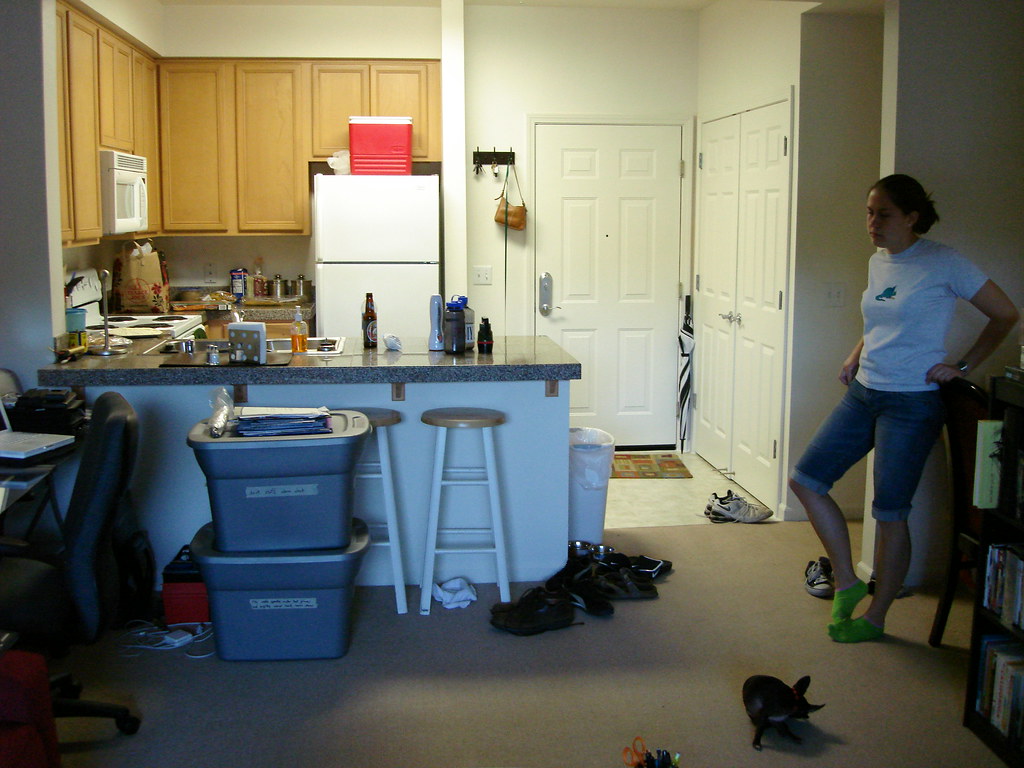Starting to live on your own can be financially and emotionally challenging. You got your first job, and believe that it is time to live on your own. But, now you will have to think about stuff you never had to pay attention to while living with your parents. And beside the usual and assumed expenses for utility bills, furniture, and rent, some of the expenses can arise unexpectedly. You need to know how to rent and manage the living costs in your first apartment, especially in these frugal times.

Budget
Before you start looking for a new place, determine your total monthly income, and see how much rent you can comfortably pay. About 25-30% of your income should go on paying rent, but you should not forget all the other expenses. Make sure you can cover your daily living expenses, and focus on saving money and getting out of debt. Be sure to place your rent payment on time, and have some money in the bank because your credit rating has an impact on your chances to rent. You should have enough money to cover at least 3 months’ worth of living expenses, for a start.
Location
Try deciding on neighborhoods with quality apartments, which is also relatively close to where you work. If you find a place far from work, there will be higher transportation costs. In metropolitan areas, the farther away you live, the lower the prices of housing. In that case, move in close enough to a public transportation line.
Search
Look for an apartment in the newspaper ads and online. The more “digital” generations look mostly online, but you would not know how great the deals that can be found in the newspaper are until you browse a few apartments, right? Try calling several property management companies, and ask if they have something available for a fair price. Look at not more than three properties daily, and that is tops. Otherwise, the apartments will start to blur together and get you confused. If you are living alone, consider apartments on the second story or higher. After you are done with looking, think about it for 24 hours. Do not feel pressured to make an instant choice. Go with the one that gives a good general feeling, the one which has both price and quality in balance, and simply looks like it can be a place you could call “home”.

Furniture
When buying your first pieces of furniture, start with the basic pieces. You need a place to sleep, a place to eat, and a place to sit. Buying everything all at once can be quite expensive, so do not hurry to furnish it instantly, spend your money on things of a higher priority. When you have enough time and money, seek in local thrift stores for some good used furniture. Try not to spend too much money on big furniture pieces, and do not forget about smaller accessories (e.g. kitchen appliances).
Learn To Save Money
It is important for you to learn how to save money, and avoid overspending and overconsumption. Start looking for clothes in second hand stores, because they are cheaper, but packed with great stuff. Do not overlook expenses such as laundry services and electricity bills, and toiletries (toilet paper, toothpaste, deodorant) that somehow used to appear “out of nowhere” in your parents’ house. Cut down on takeouts and eating at restaurants, but buy yourself some groceries, start cooking.
Happy adulting!
November 10, 2015
Leave a comment
1269




